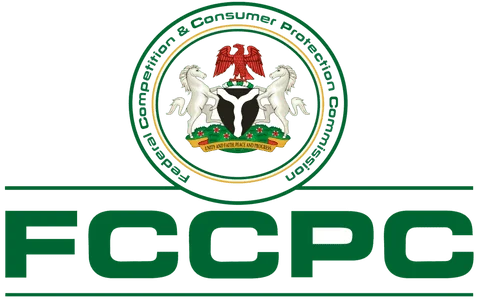Paragraph 1: Introduction and Context
Nigeria’s burgeoning digital lending market has witnessed remarkable growth in recent years, offering convenient and accessible credit solutions to a wide range of consumers. However, this rapid expansion has also brought about significant challenges, including widespread complaints of harassment, data privacy violations, exploitative lending practices, and anti-competitive behavior. These issues have eroded consumer trust and raised concerns about the long-term sustainability of the sector. To address these concerns and protect consumer rights, the Federal Competition and Consumer Protection Commission (FCCPC) has introduced comprehensive regulations designed to regulate digital lending activities and promote a more responsible and transparent lending environment.
Paragraph 2: The FCCPC’s Regulatory Intervention
The FCCPC’s new regulations, effective July 21, 2025, represent a significant step towards establishing a robust legal framework for digital lending in Nigeria. Developed under the authority of the Federal Competition and Consumer Protection Act (2018), the regulations aim to establish clear rules of engagement for all stakeholders in the digital lending ecosystem. These rules encompass a broad spectrum of areas, including transparency in loan terms and conditions, responsible lending practices, data protection and privacy, as well as mechanisms for consumer redress. The regulations signal a strong commitment by the FCCPC to curb the excesses of unregulated digital lenders and hold them accountable for their actions.
Paragraph 3: Key Provisions of the Regulations – Transparency and Fairness
The regulations place a strong emphasis on transparency and fairness in lending practices. They mandate clear and accessible disclosure of loan terms, including interest rates, fees, and repayment schedules. This measure aims to empower consumers with the information they need to make informed borrowing decisions and avoid falling prey to predatory lending practices. The regulations also prohibit pre-authorized or automatic lending, a practice that has been criticized for trapping borrowers in cycles of debt. Furthermore, unethical marketing tactics, such as aggressive debt collection practices and the use of misleading or deceptive information, are explicitly banned under the new rules.
Paragraph 4: Key Provisions of the Regulations – Data Protection and Local Ownership
Recognizing the sensitive nature of personal data collected by digital lenders, the regulations prioritize data protection and privacy. Lenders are required to comply with strict data protection standards and obtain explicit consent from borrowers before collecting or using their personal information. This provision seeks to prevent unauthorized access to and misuse of borrower data, a prevalent concern in the digital lending space. In addition, the regulations mandate local ownership of at least one service provider for airtime and data lending services. This requirement aims to promote local participation in the sector and ensure that Nigerian businesses benefit from the growth of the digital lending market.
Paragraph 5: Enforcement and Compliance
The FCCPC has outlined a robust enforcement and compliance framework to ensure the effectiveness of the new regulations. All digital lenders are required to register with the Commission within 90 days of the regulations coming into effect. Failure to comply with this requirement carries significant penalties, including fines of up to N100 million or 1 percent of annual turnover. In addition, directors of non-compliant companies may face disqualification for up to five years. These stringent measures underscore the seriousness with which the FCCPC views compliance and its commitment to holding violators accountable.
Paragraph 6: Consumer Empowerment and Future Outlook
The FCCPC has taken proactive steps to empower consumers and provide avenues for redress. A dedicated complaint portal ([email protected]) has been established to facilitate the reporting of unlawful or unethical lending practices, including unfair interest rates, privacy breaches, and harassment. Consumers are encouraged to utilize this platform to voice their concerns and seek assistance from the Commission. The introduction of these regulations marks a crucial turning point in the development of Nigeria’s digital lending market. By establishing a clear regulatory framework, the FCCPC aims to foster a more responsible, transparent, and sustainable lending ecosystem that protects consumer rights while also encouraging innovation and growth in the sector. The long-term success of these regulations will depend on the FCCPC’s consistent enforcement efforts and the cooperation of all stakeholders in the digital lending landscape.














